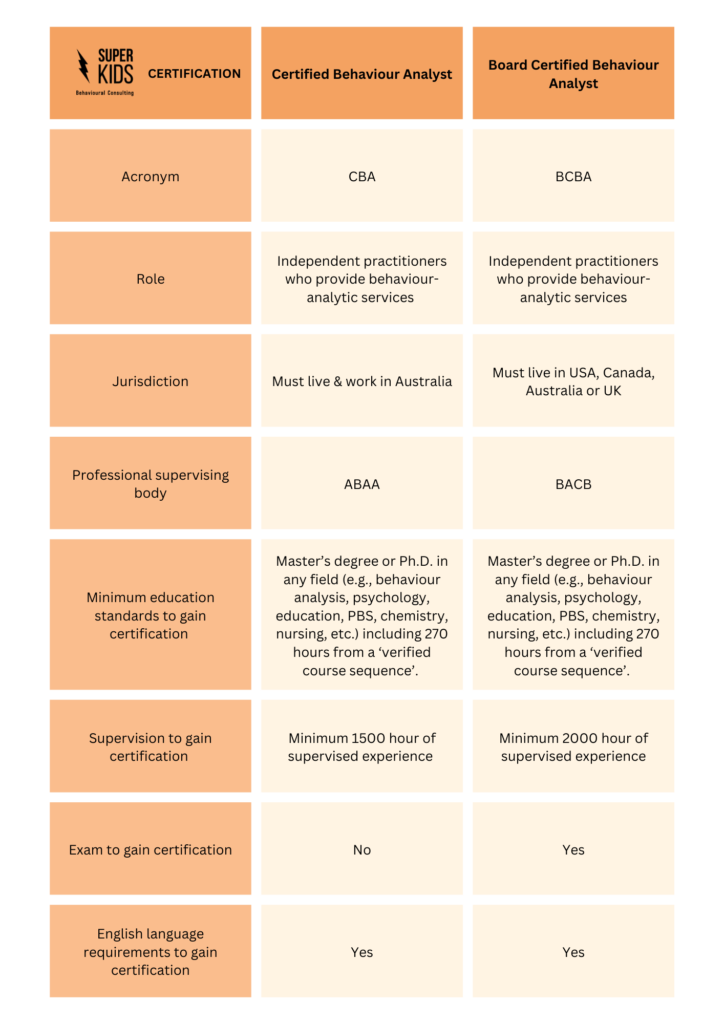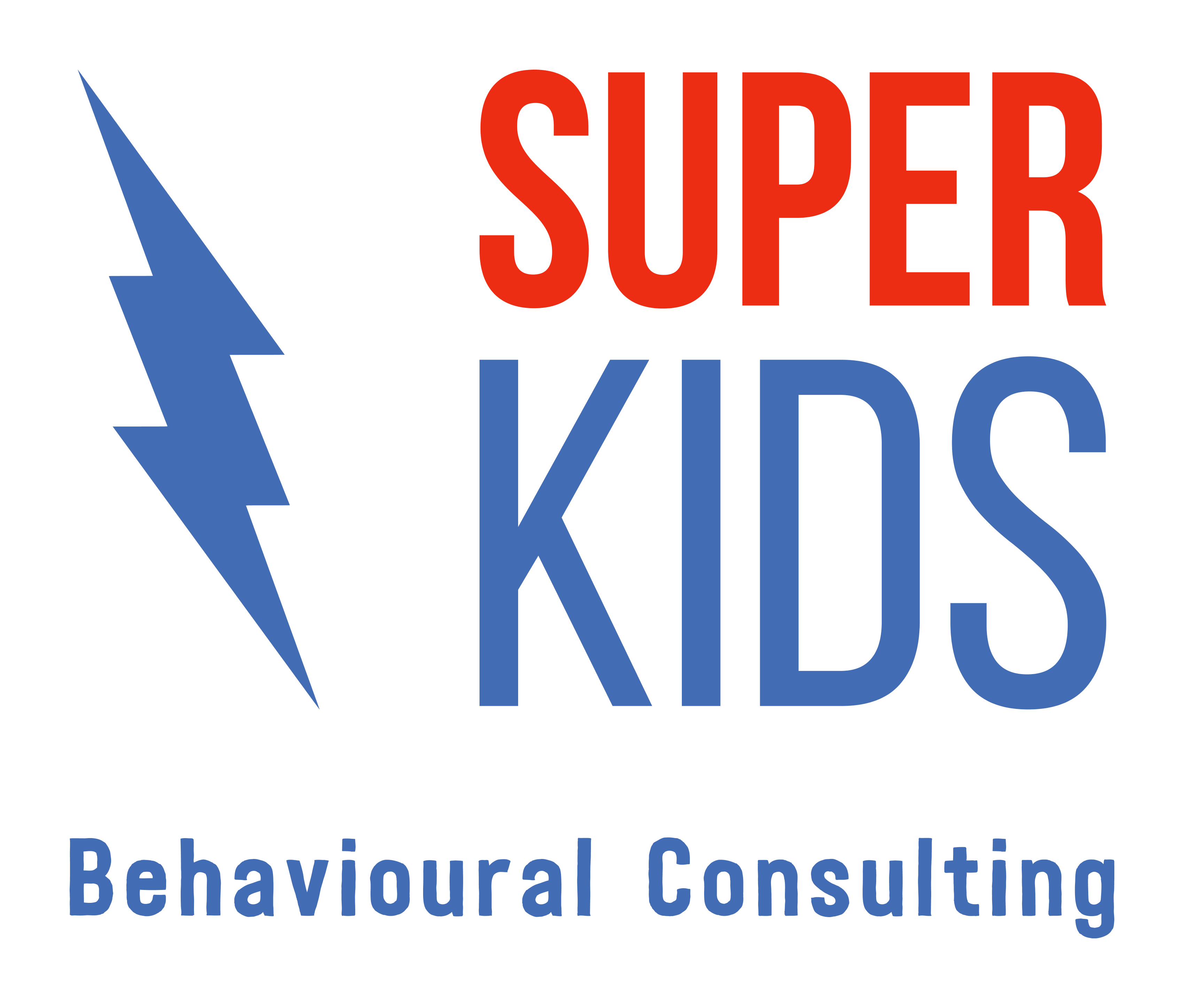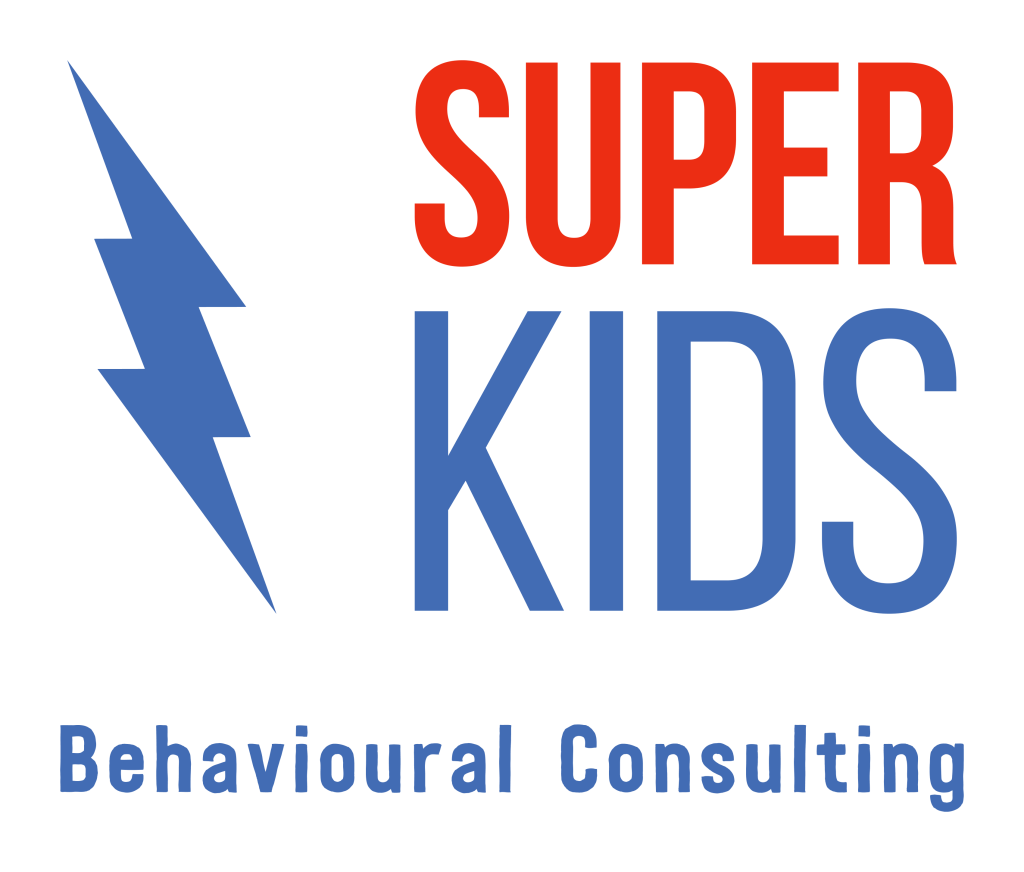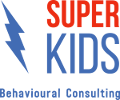What is a Certified Behaviour Analyst (CBA) in ABA Australia?
The Role of a BCBA vs CBA

Renee Collins
Clinical Director

What is the Role of a BCBA vs CBA in an ABA therapy program?
When deciding who will supervise your child’s ABA program, it’s crucial to consider the professional’s training and experience. Behavior analysts are university-educated allied health professionals. They design, implement, and evaluate individualized programs to improve skills. In Australia, there are two main pathways to become certified in behavior analysis – the North American Board Certified Behavior Analyst (BCBA) and the Australian Certified Behavior Analyst (CBA) pathways. Both BCBA and CBA practitioners are independent professionals who provide behavior-analytic services. However, a CBA must live and work in Australia.
What is a BCBA and a CBA? The gold standard in Australia
Both BCBA and CBA credentials are graduate-level certifications in behavior analysis. They are considered the gold standard in Australia. While some Australian clinicians hold both certifications, others may have only one. The process of obtaining each credential differs. This depends on the applicant’s education, supervision experience, recent practice, and English language proficiency. As of now, neither certification is viewed as superior in Australia. Survey research in Australia shows that among clinicians who design, supervise, and deliver ABA programs, only 31% held a BCBA credential, while 80% had a graduate degree(Leif, et al., 2020).
While many of these practitioners had high levels of education and some of the qualifications held by practitioners were in fields related to ABA, such as Positive Behaviour Support and Psychology, these qualifications may not have provided in-depth training in the science and professional practice of ABA. It is important that your ABA program supervisor or Behaviour Consultant does have the specialist training and either BCBA or CBA credential.
Changes to BCBA Certification in Australia
In 2019, the BACB Board of Directors announced plans to revise its international focus. This led to the decision that from 2023, certification applications from trainees outside North America would no longer be accepted (BACB, 2019). However, Australia was granted an exemption, allowing Australian trainees who meet specific coursework and supervised fieldwork requirements to still apply for BACB certification. Yet, as of January 1st, 2025, BCBA certification will no longer be available to new applicants in Australia (BACB, 2024). Existing BCBAs will remain recognized, but new behavior analysts will need to pursue the CBA credential.
The Association for Behavior Analysis Australia (ABAA) encourages Australian professionals to use the CBA credential moving forward. While the BCBA will continue to be recognized, the ABAA will no longer specifically advocate for its recognition.
Comparison of BCBA and CBA certification

Australian certification & regulation - CBA vs CBA-U
As part of a tiered approach, Australia also offers additional certification levels. The Australian Certified Behavior Analyst – Undergraduate (CBA-U) certification is similar to the CBA, but the individual has completed less training. Consequently, a CBA-U is not qualified to supervise ABA programs independently. However, they may provide behavior-analytic services under the supervision of a CBA. Holding a CBA-U credential means that the individual has completed undergraduate-level coursework in behavior analysis and received formal supervision.
CBAs and CBA-U’s are part of a system of National self-regulation in Australia. Behaviour analysis is a self-regulated profession in Australia; therefore, registration or licensing is not mandated but strongly recommended. Benefits of this include that it allows the Australian behaviour analysis community to set our own standards of practice for what knowledge, skills, and experience are required for behaviour analysts to practice in a safe and effective manner. It also allows the Australian behaviour analysis community to develop a code of ethics and a complaint procedure that fits our values and apply it to the Australian context. These benefits lead to a more transparent profession that allows for increased consumer confidence in behaviour analysis as a profession in Australia.
CBA’s are self-regulated professionals and are a qualifying member of the National Alliance of Self Regulating Health Professionals (NASRHP). CBA’s are therefore required to abide by the ABA Australia Code of Ethical Practice and maintain their certification with ongoing professional development. In the future, we will work to ensure that CBAs are recognised professionals in the wider Australian education and disability sectors, including the by the NDIS.
At Super Kids, all our behavior consultants are BCBAs or CBAs, which we believe is the minimum level of competency needed to supervise your child’s ABA program. Learn more about our highly qualified clinical team here.
Learn more about BCBAs vs CBAs
If you still want to learn more about a BCBA vs a CBA please visit the following websites:
CBA and CBA-U: https://auaba.com.au/CBA
Super Kids acknowledges each individual’s personal preference to use identity-first or person-first language to describe themselves or their loved one. We interchangeably use both language conventions and therefore refer to both Autistic children and children with Autism.






